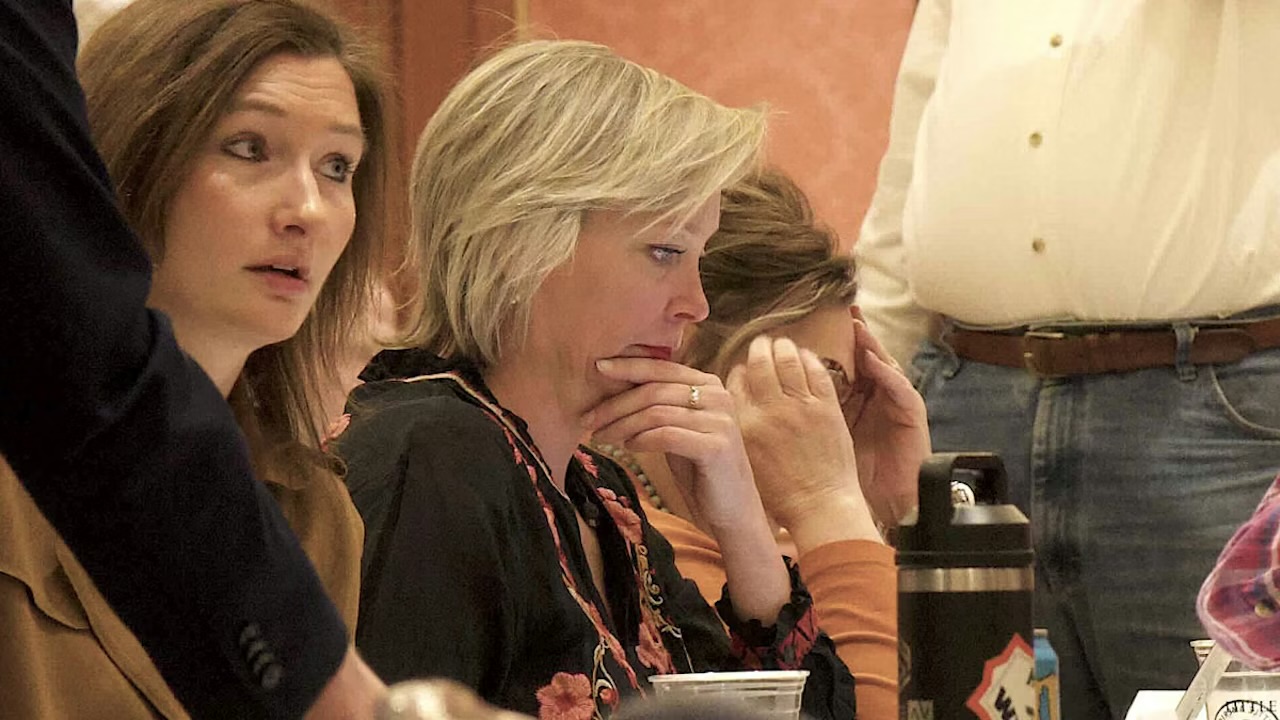As summer temperatures rise, so do concerns about sun exposure and skin health.
While the dangers of excessive sunlight—such as sunburn, premature aging, and skin cancer—are well-documented, emerging research suggests that moderate, mindful time in the sun may also carry some health benefits.
Health experts are increasingly calling for a more nuanced understanding of sun exposure, emphasizing both the risks and the potential rewards.
For decades, public health messaging has focused heavily on the harms of ultraviolet (UV) rays, particularly their link to melanoma and other skin cancers. This has led to widespread recommendations to use sunscreen daily and avoid peak sun hours. Yet some researchers argue that these guidelines may need to be more personalized.
“Moderate, thoughtful sun exposure—tailored to a person’s risk profile—may offer benefits we’re still discovering,” said Dr. Lucy McBride, an internal medicine physician based in Washington, D.C.
Possible Benefits of Sunlight
1. Cardiovascular Health
Several observational studies have linked moderate sun exposure to improved cardiovascular outcomes. For example, a study published in the Journal of the American Heart Association found that exposure to sunlight may help lower blood pressure, possibly by triggering the skin to release nitric oxide, a compound that relaxes blood vessels.
2. Immune Support
German researchers at Münster University found that UVB rays, while capable of causing skin damage, can also stimulate the immune system and protect the central nervous system. This research echoes earlier findings that light therapy can alleviate symptoms in conditions like eczema and psoriasis.
3. Mental Well-Being
There’s also evidence that sunlight may play a role in mood regulation. Exposure to UV light has been associated with increased levels of serotonin, a brain chemical linked to improved mood and emotional stability.
4. Potential Longevity
A long-term study of nearly 30,000 Swedish women suggested that those with higher levels of sun exposure lived longer than those who actively avoided the sun—even though they had higher rates of melanoma.
Sunlight is a primary source of vitamin D, which supports bone health and immune function. However, recent studies suggest that the benefits of sun exposure go beyond vitamin D. Clinical trials have found that vitamin D supplements do not consistently reduce risks for conditions like heart disease or diabetes, suggesting that sun-related benefits may involve other biological processes.
Despite these findings, health experts caution against unprotected sun exposure. The American Academy of Dermatology warns that any tanning is a sign of skin damage, and the risk of skin cancer remains high. Melanoma, the most dangerous form of skin cancer, is responsible for nearly 20 deaths each day in the United States.
“Everyone’s skin can be impacted by the sun, regardless of their skin color,” said Dr. Shanthi Sivendran of the American Cancer Society.
Sunburn, sun poisoning, and long-term UV damage are real threats. Even mild burns increase the risk of skin cancer over time.
Experts recommend a measured strategy to sun exposure. Dr. Elizabeth Ko of UCLA Health suggests avoiding direct sunlight between 10 a.m. and 2 p.m., when UV rays are strongest. When outdoors, wearing sunscreen, hats, and protective clothing remains essential.
“It’s not about avoiding the sun entirely,” Dr. McBride noted. “It’s about stepping away from fear-based, one-size-fits-all messaging and making informed choices based on individual health and lifestyle.”
The Independent and the New York Times contributed to this report.










The latest news in your social feeds
Subscribe to our social media platforms to stay tuned